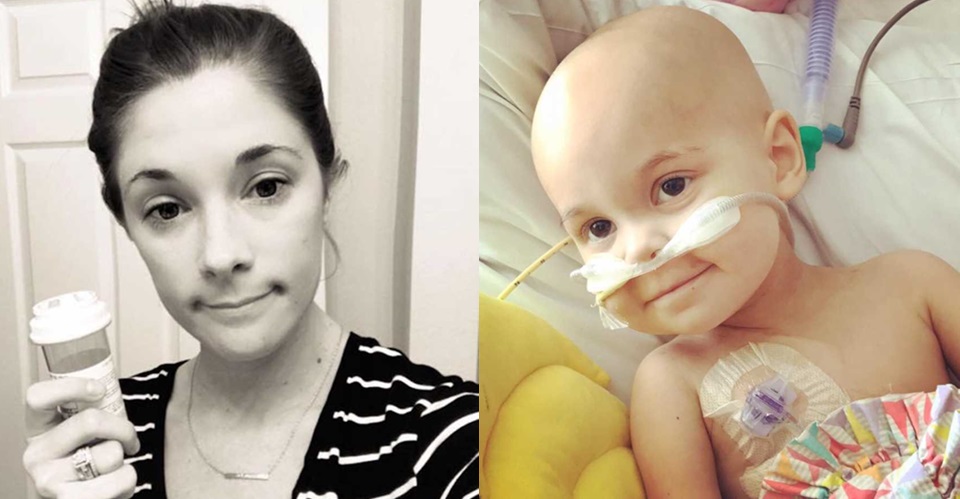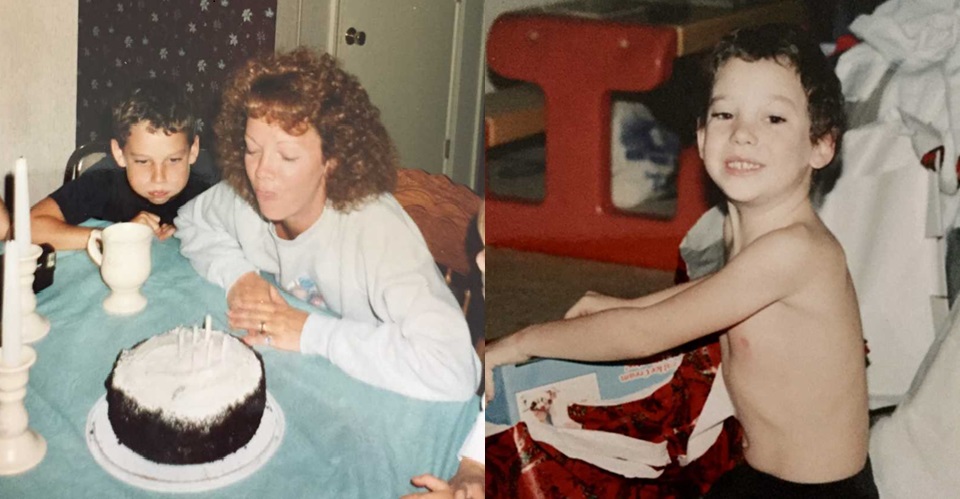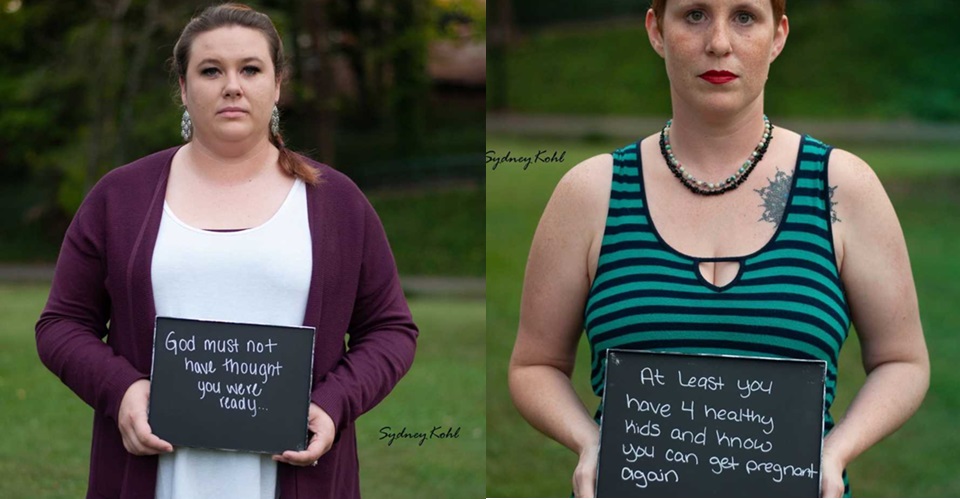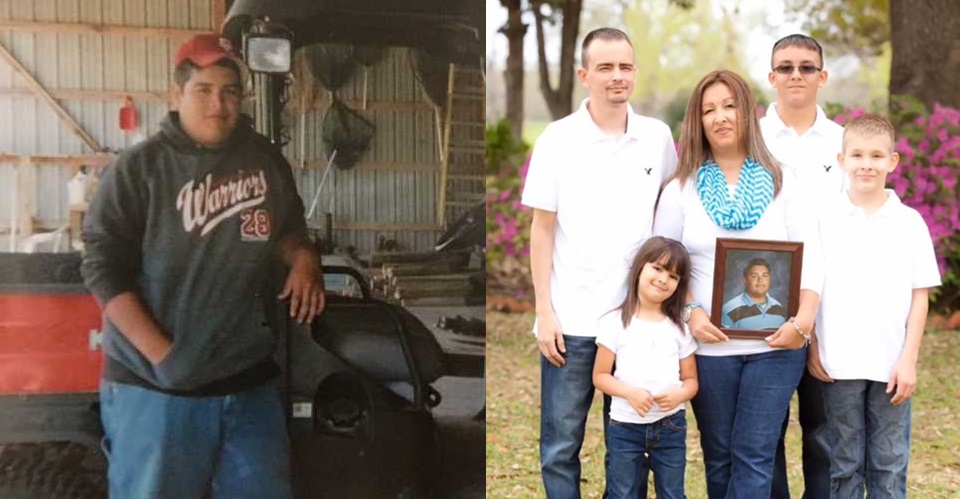Before her world fell apart, Shelby Skiles thought she understood sadness. To her, depression was something people could simply push through with enough optimism and sunshine. She had heard of antidepressants but never imagined she’d need them. Life was steady, even a bit predictable, filled with the usual bumps and joys that made up an ordinary existence. That was until her two-year-old daughter was diagnosed with Stage 4 aggressive Lymphoblastic Lymphoma, and suddenly, everything she thought she knew about strength, faith, and emotional endurance collapsed in one devastating moment.
For six long months, Shelby stayed determined and focused on her daughter’s treatment. She clung to the belief that if she stayed strong, her little girl would one day be healed. Through endless hospital days and sleepless nights, she found herself learning medical terms she never wanted to know, holding her baby’s tiny hand as chemo drugs flowed through her veins. Even as the cancer fought back, even when brain damage from the treatment robbed her daughter of her independence, Shelby kept moving forward. Being her daughter’s caregiver and advocate became her full-time purpose.
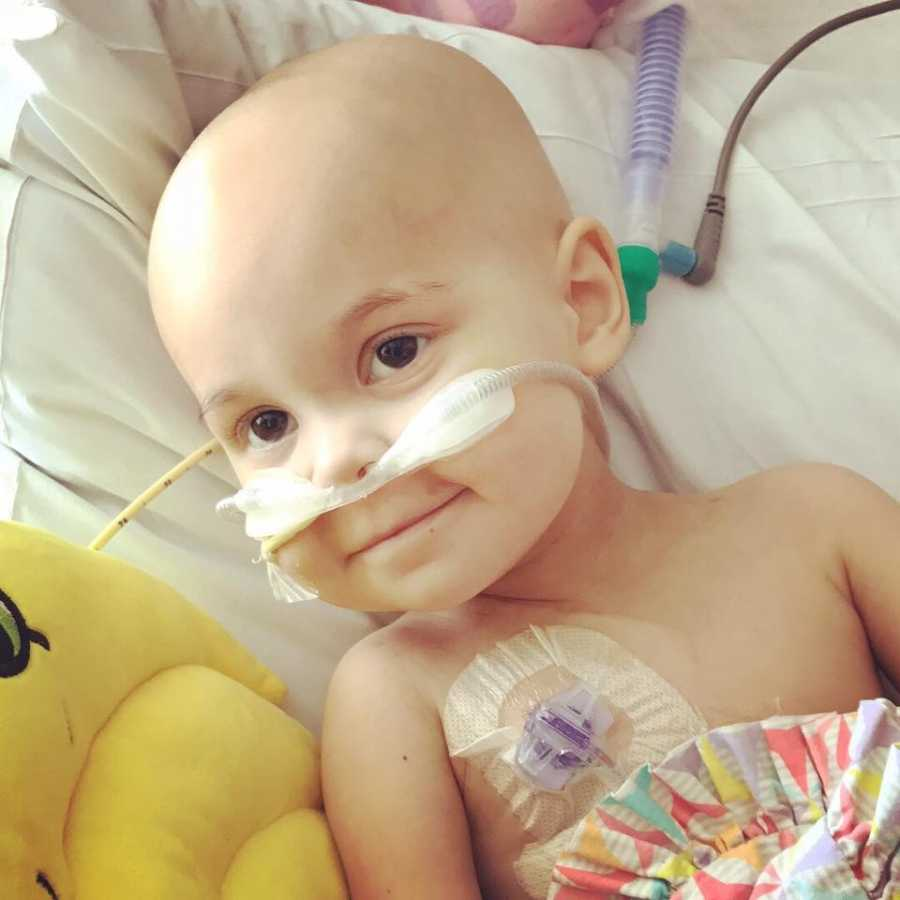
But when hope started to blur and the days began to blend into one another, reality hit harder. The family found themselves in a strange waiting game at a rehab facility, where the doctors were trying to strengthen the child enough for a stem cell transplant. The cancer was too aggressive, and every delay felt like playing with fire. Shelby found herself in emotional limbo, torn between hope and the terrible possibility of loss. It was in that dark, suffocating uncertainty that she truly began to understand depression.
She cried four times a day. She woke up feeling like her chest was being crushed under invisible weight. Even simple acts, like brushing her hair or eating breakfast, felt impossible. Sometimes she caught herself growing frustrated with her daughter, a thought that only made her spiral deeper into guilt. She realized she was drowning, unable to keep her head above water long enough to care for her baby the way she needed to. That’s when Shelby reached out for help, deciding it was time to take control of her mental health.
She visited her doctor and was prescribed Zoloft. Holding that small bottle gave her a strange sense of comfort, like she had found a life raft in the middle of a storm. During the first few days on the medication, she felt lighter, more transparent, and more capable of facing endless uncertainty. And then, just as she was learning to breathe again, the family received the worst news of all. Her daughter’s cancer had returned. Thirteen days later, her baby girl passed away. Shelby often said that it was her faith and the medication that got her through those days. The Zoloft helped her think straight enough to be fully present during her daughter’s final moments, allowing her to remember every smile, every breath, every ounce of love that filled the room. Even in unbearable pain, she was able to hold on to her child with grace and peace.
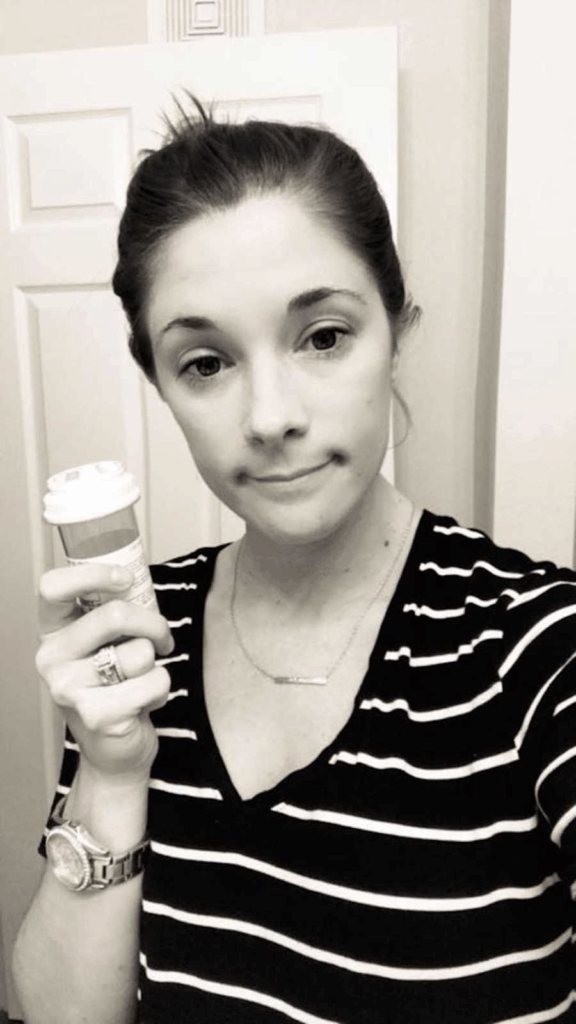
Months after the loss, Shelby still took her medication. She tried to wean herself off once, but the old darkness crept back within a week. The sadness returned, heavier than before, and she knew this wasn’t a weakness but a message. Her mind and body still needed help, and that was perfectly fine. She decided that if she required Zoloft for a few more months or forever, that was okay. What mattered was staying whole enough to live, to honor her daughter’s memory, and to continue waking up each morning.
Through her journey with antidepressants and grief, Shelby learned that mental health struggles aren’t something to be ashamed of. People who take medication for depression aren’t broken; they are simply doing what it takes to keep surviving. For her, Zoloft became more than a prescription; it became proof that healing doesn’t always look like moving on. Sometimes it seems like taking a pill, whispering a prayer, and choosing to face another day.
Shelby’s story reminds us that behind every smile there might be a battle we cannot see. Her experience with depression and Stage 4 Lymphoma reshaped her view of compassion. She now understands that needing help isn’t a flaw but a form of strength. For her, and for so many others walking through grief, healing means learning that whatever you need to keep going, it’s okay.
